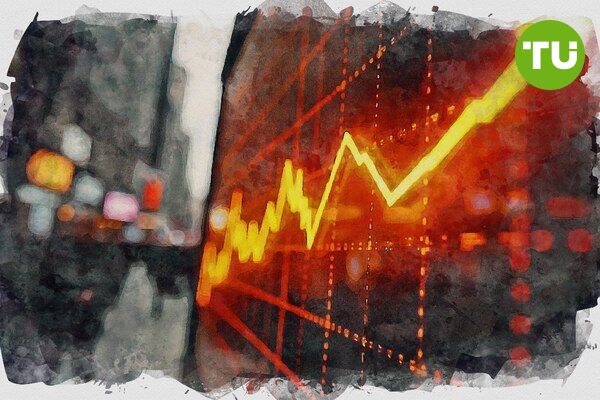European stocks tumble as U.S. tariffs spark global recession fears
 European shares slide to worst weekly loss in three years
European shares slide to worst weekly loss in three years
European stocks were hit hard on Friday, as concerns about a global recession grew following the announcement of aggressive U.S. tariffs on major trading partners.
The pan-European STOXX index fell 1.8% by 0815 GMT, marking its steepest weekly loss in three years. With losses mounting to 5% for the week, this marks the index’s sharpest decline since February 2022, as traders adjusted their outlook for economic growth amid the escalating trade tensions, reports Reuters.
The U.S. move to impose a 20% effective tariff rate on European goods has triggered a ripple effect throughout the region. Traders have already begun betting on interest rate cuts from the European Central Bank (ECB) to help cushion the economic impact. Expectations now point to a quarter-point rate reduction later this month, with two additional cuts anticipated by the end of 2025.
Economic Impact and ECB Action
Deutsche Bank economists warned that the U.S. tariffs could have a significant impact on European economies, predicting that the tariffs may cut euro area GDP by 0.4 to 0.7 percentage points and UK GDP by 0.3 to 0.6 percentage points. As a result, the ECB is under pressure to act, with analysts forecasting monetary easing to support growth.
This has led to expectations that the ECB will cut rates in the coming months to help mitigate the blow to inflation and economic activity. In response to the tariffs, France, alongside other EU member states, is expected to implement reciprocal measures in mid to late April, further stoking uncertainty about the impact of ongoing trade disputes between the U.S. and Europe.
Sector Losses and Investor Sentiment
The banking sector bore the brunt of the sell-off, with European banks losing 11% in just two sessions—their steepest losses since March 2020. Economic uncertainty surrounding the U.S. tariffs has dampened investor sentiment, prompting widespread declines across the continent.
While there are concerns about the immediate impact on growth, some analysts remain optimistic about the medium-term outlook. TS Lombard analyst Davide Oneglia pointed out that fiscal stimulus and ECB rate cuts, expected to take effect later this year and into 2026, could eventually provide a boost to the economy.
Meanwhile, the world’s 500 wealthiest individuals collectively lost $208 billion on Thursday, marking one of the sharpest single-day wealth declines in recent history after President Donald Trump’s announcement of sweeping new tariffs rattled global financial markets.













































































































































